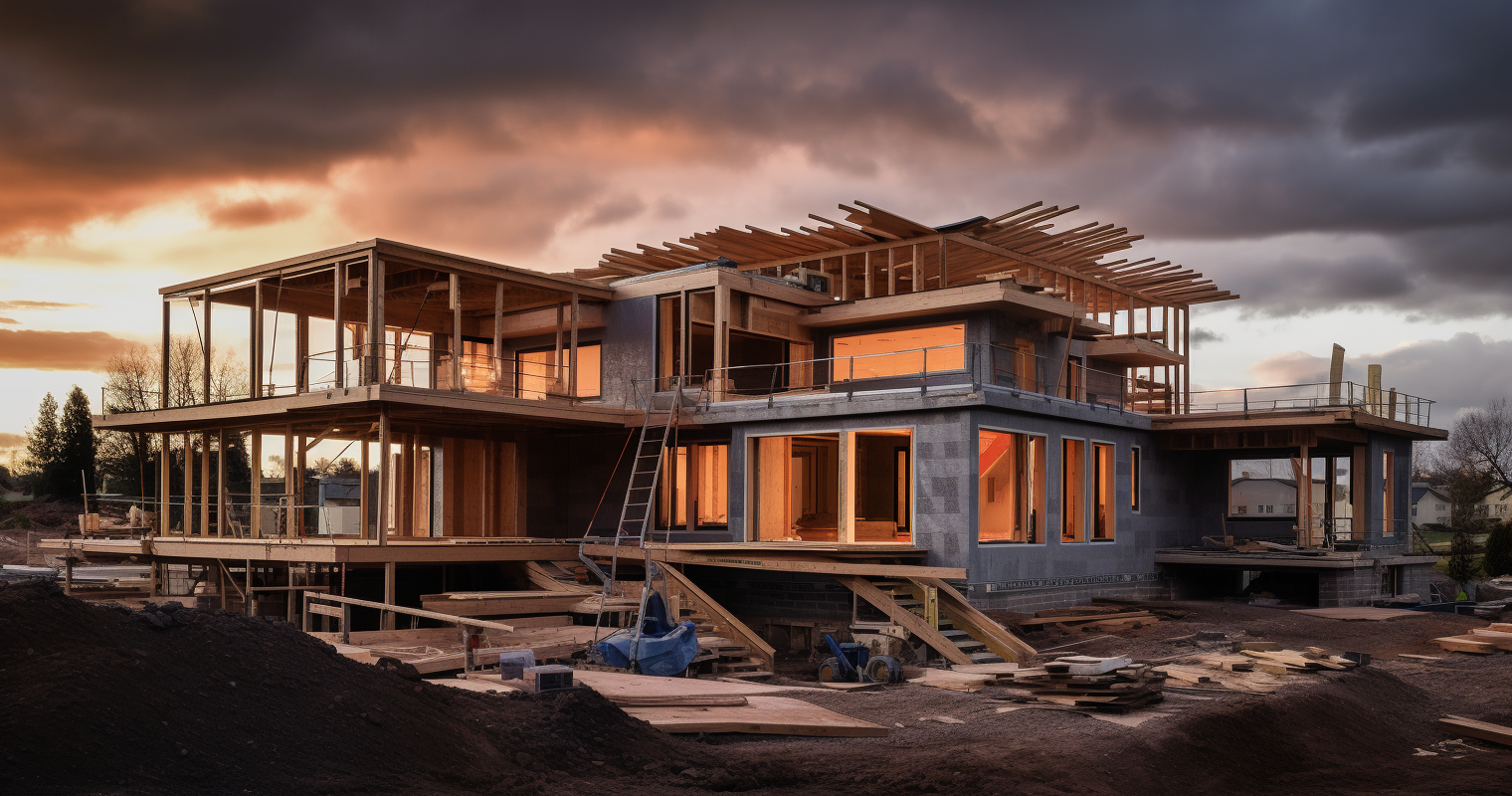Indonesia is an archipelago of more than 17,000 islands, and it has a diverse property market. Whether you are building a house or renovating an existing property in Indonesia, it is important to understand the procedures, regulations, and potential pitfalls. Here are some of the key questions you may have about property building and renovation in Indonesia.
Planning Permission
Is it necessary to apply for planning permission in Indonesia to build or renovate a property? If so, what is the procedure (in bullets)?
It is necessary to obtain a building permit, or Izin Mendirikan Bangunan (IMB), from the local government in Indonesia to build or renovate a property. The process may vary depending on the location and complexity of the project, but generally, the procedure involves the following steps:
- Submitting the application to the local government office, along with relevant documents such as the building plan, ownership certificate, and environmental impact analysis (if required)
- Paying the administrative fee and waiting for the approval process, which may take up to 30 days
- Conducting an on-site inspection by the local government to ensure compliance with the building regulations
- Receiving the IMB and commencing the construction or renovation process
Listed Building Status and Conservation Areas
What are the rules regarding listed building status, conservation areas, and preservation orders in relation to property building and renovation in Indonesia?
Indonesia has several regulations related to heritage buildings, conservation areas, and preservation orders. It is important to check with the local government office to determine whether your property is located in a protected area or is considered a heritage building. Depending on the status of the property, additional permits or restrictions may apply to any building or renovation work.
Finding Reliable Builders
How can you find reliable, trustworthy builders in Indonesia? Give full contact details of any professional organisation good builders should belong to.
Finding reliable and trustworthy builders in Indonesia can be challenging, but there are several professional organisations and associations that can help. Some of these include:
- Indonesia Contractors Association (ICI): www.ici.or.id
- Indonesian Building Contractors Association (Gapensi): www.gapensi.or.id
- Indonesian Architects Association (IAI): www.iai.or.id
These organisations can provide recommendations and guidelines for selecting reputable builders and contractors.
Permits and Licences
What permits or licences should you have if building or renovating property in Indonesia?
In addition to the building permit (IMB), there may be other permits or licences required depending on the specific project. For example, if the property is located near a river or coastline, a permit from the Ministry of Public Works and Housing may be required. It is important to check with the local government office and relevant ministries to ensure all necessary permits and licences are obtained before commencing any construction or renovation work.
Finding a Local Architect
How can you find a local architect in Indonesia? Give full contact details of any relevant architect professional body in Indonesia.
The Indonesian Architects Association (IAI) is a professional body that represents architects in Indonesia. They can provide recommendations for local architects and also offer professional development and training programs. Their website is www.iai.or.id.
Common Pitfalls
If buying land, are there any common pitfalls e.g. re. planning permission, boundaries etc. in Indonesia?
One common pitfall when buying land in Indonesia is the issue of conflicting land claims. It is important to conduct thorough due diligence and obtain a land certificate (Sertifikat Hak Milik) from the National Land Agency (BPN) to ensure the property has a clear title. Additionally, it is important to ensure that the property is not located in a protected area or subject to any building

